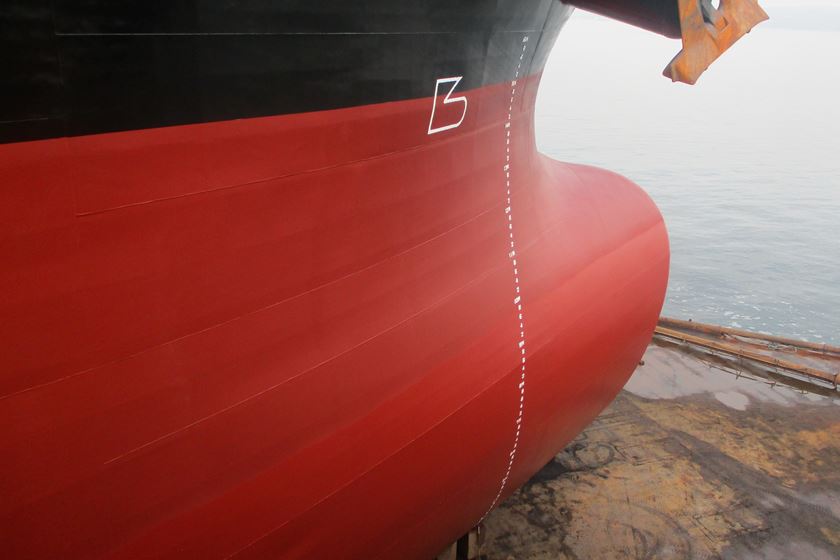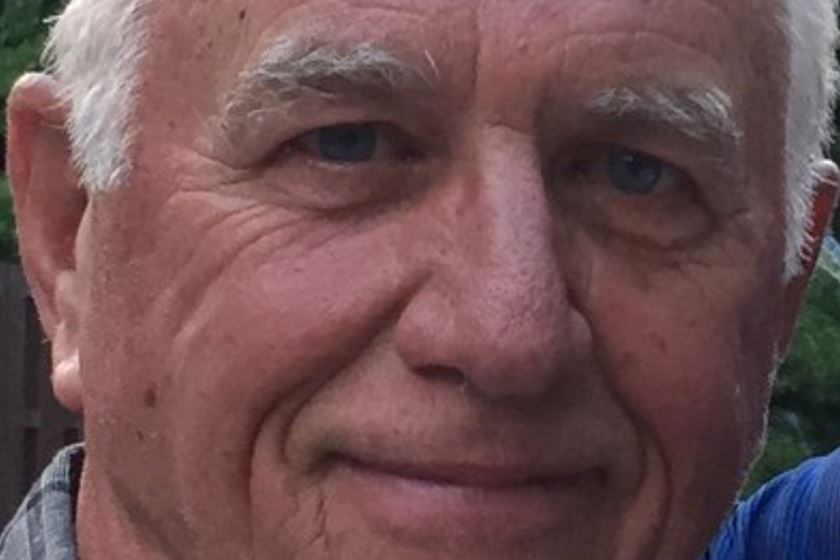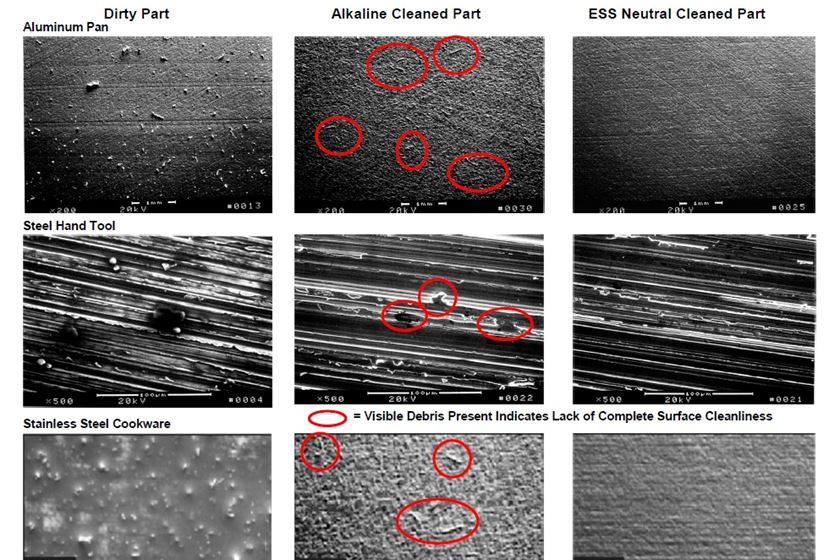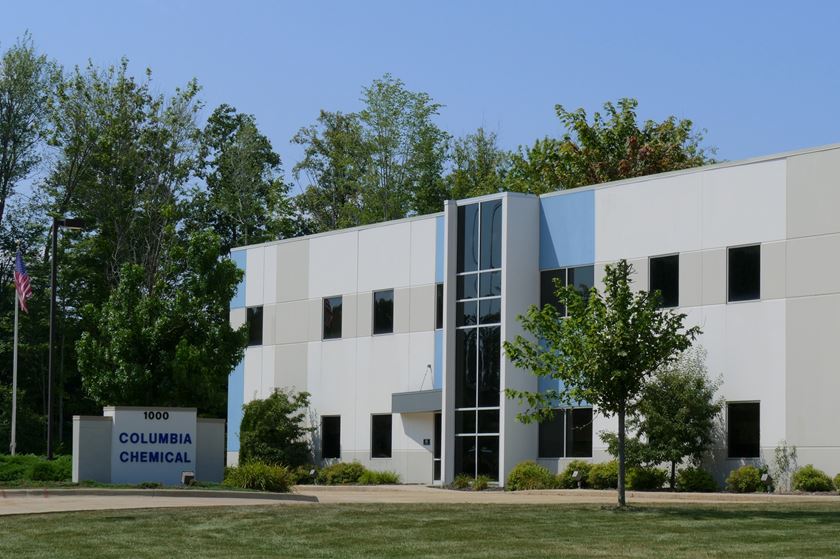Perspectives: North to Alaska
Alaska is a huge state, to say it simply.
Alaska is a huge state, to say it simply. It is twice the size of Texas, and its Malaspina Glacier is the size of Rhode Island. Denali National Park is the size of Massachusetts. But there isn’t much manufacturing.
In every city we visited, I checked the telephone book for plating and painting shops. I found two plating shops in Anchorage, the largest city in Alaska, and one plating shop in Fairbanks. Neither had any paint or powder coating shops listed. The one powder coating shop we saw, Advanced Powder Coating, we simply passed on our way to Talkeetna. It looked like a fairly new shop. Unfortunately, it was the weekend and no one was there. I would have liked to have asked the proprietor what type of parts the company powder coats and how much business it does. Especially since the shop was nowhere near a relatively large city with any type of industry that would use powder coating.
Featured Content
We also noticed that very few cars had any type of rust on them, which surprised us because the state is boggy and has nasty winters. Sure, there were plenty of broken windshields (even paved highways often turn into gravel roads in Alaska) but little rust, even on older cars and trucks. The only thing we could figure was that the state and municipalities do not use salt on the roads during the winter. Or, perhaps, very few people use their cars during the rough winters and use their ATVs and airplanes instead? (Airplanes have the right of way on all roads in Alaska.)
Even though there is little manufacturing, editorials in the paper complained about pollution. What kind of pollution? People pollution: beer cans, plastics; ruts throughout the forests and parks because of ATVs and dirt bikes. People don’t care about the environment. They see it as something they can use at any time in any means for their recreation. These polluters are not mainly tourists, but those living in the state.
Aldo Leopold, “Father of wildlife ecology,” stated, “We abuse land because we regard it as a commodity belonging to us. When we see land as a community to which we belong, we may begin to use it with love and respect.”
Pollution control begins with the individual. The leading individuals in corporations and manufacturing drive the environmental policy. If they do not have respect for the environment, neither will the company. Fortunately, this is not the case in most manufacturing. Most have been driven by environmental legislation to keep their processes clean. But do the companies and the individuals within the company really believe in the importance of the regulations?
Yes, some regulations are redundant and unreasonable. They are only proposed because industry is an easy target. It is easily regulated.
So how do you show the regulators and legislators that it is time to make the individual accountable for his/her own pollution? Should we even leave it up to regulators and legislators? How do you convince people to care about the land, water and air? I hope we can figure it out before our last “Great Frontier” is destroyed.


















